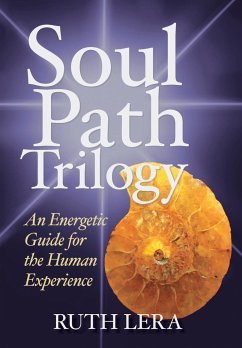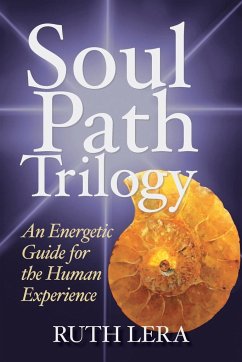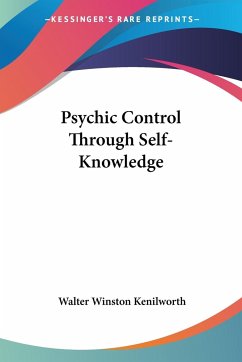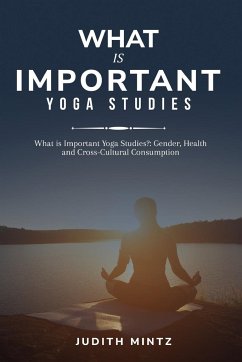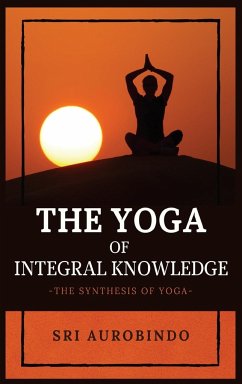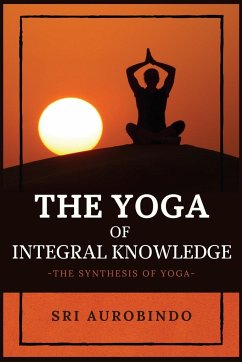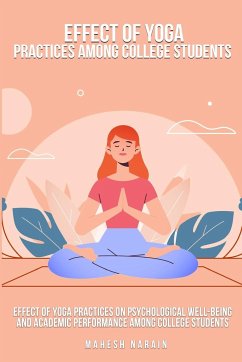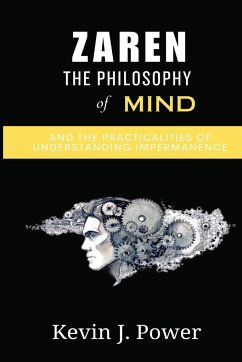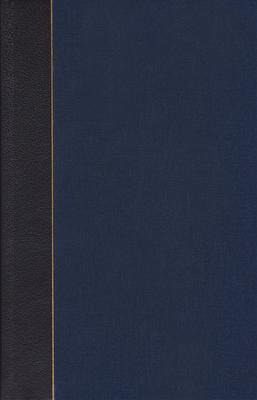
A Path to Self-Knowledge
In Eight Meditations (Cw 16)
Übersetzer: O'Keefe, Thomas; Selg, Julia
Versandkostenfrei!
Nicht lieferbar
Written in 1912 (CW 16) In A Path to Self-knowledge, eight meditations take the reader on a journey through human experience. Beginning with ordinary experience, Steiner offers ways to imagine and understand the physical body, the elemental (or etheric) body, the elemental world, the Guardian of the Threshold, the astral body, the "I"-body (or thought body), the nature of experience in suprasensory worlds, and ways of perceiving previous earthly lives. In this volume, Steiner speaks directly from his experiences of cognitive research and exploration. Each meditation and aphorism arise from his...
Written in 1912 (CW 16) In A Path to Self-knowledge, eight meditations take the reader on a journey through human experience. Beginning with ordinary experience, Steiner offers ways to imagine and understand the physical body, the elemental (or etheric) body, the elemental world, the Guardian of the Threshold, the astral body, the "I"-body (or thought body), the nature of experience in suprasensory worlds, and ways of perceiving previous earthly lives. In this volume, Steiner speaks directly from his experiences of cognitive research and exploration. Each meditation and aphorism arise from his spiritual research and demonstrates how such spiritual research should be approached. The "content" is Steiner's own, but readers can discover their own way. Steiner's method of awareness--his path of attention to one's own experience--is universal and truly human. A Path to Self-knowledge is, in a sense, a sequel and complement to Rudolf Steiner's classic of inner development, How to Know Higher Worlds. It lays out in a way that is accessible to anyone on a to knowledge of the world of spirit. The Chadwick Library Edition represents an endeavor to republish--mostly in new or thoroughly revised English translations--several written works of Rudolf Steiner. The edition is named for the late horticulturist Alan Chadwick, whose life and work has served as inspiration to the small group from which the idea originated. Our extensive experience with special bindings led to the selection--for this "trade edition" of 750 books--of a leather spine binding, cloth sides, and a light slipcase. For the hand-numbered edition (100 books), the binding is full leather with a hand-gilt top of the pages in a fine, stiff, cloth-covered slipcase. The leather is blue calfskin, and the title stamping on the spines is in genuine gold leaf. All of this is being carried out by hand at one of the finest binders, Ruggero Rigoldi. This volume is a translation of 'Ein Weg zur Selbsterkenntnis des Menschen: In acht Meditationen' (GA 16). Read more about the Chadwick Library Edition at chadwicklibrarypress.org.





